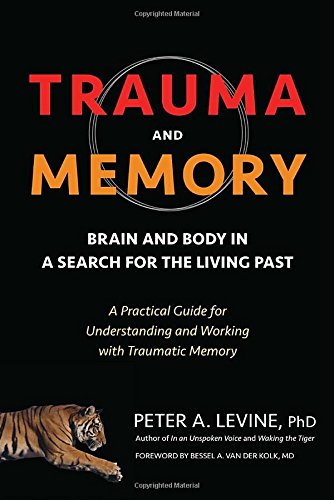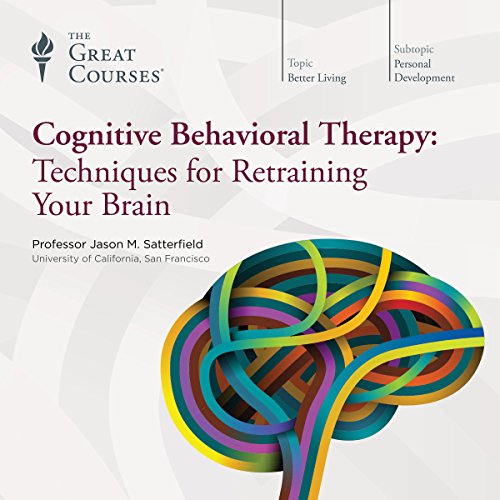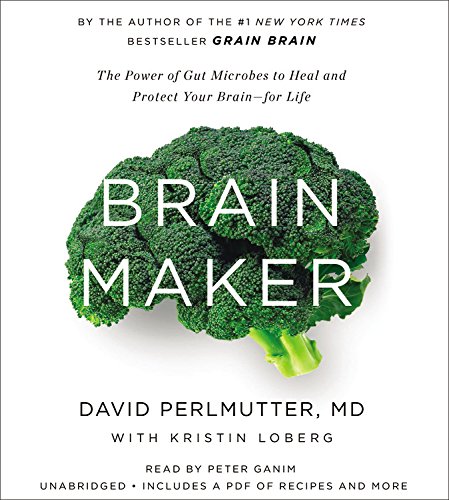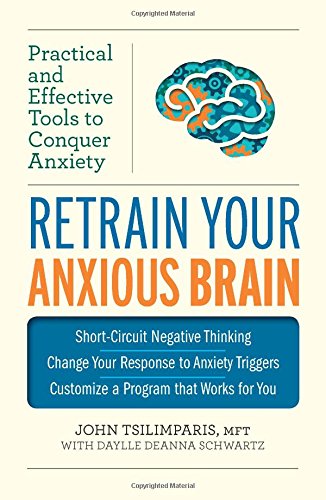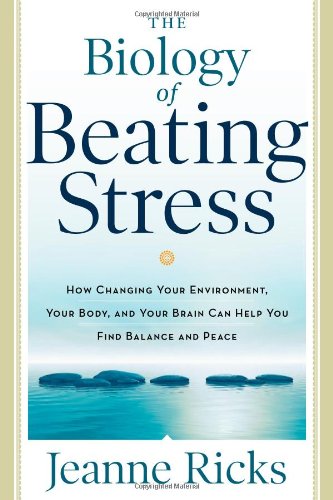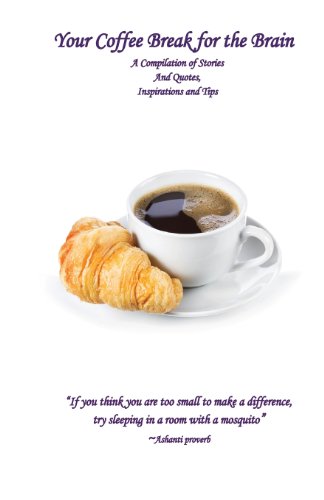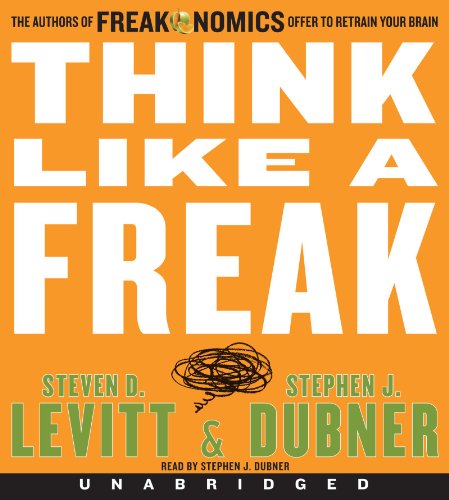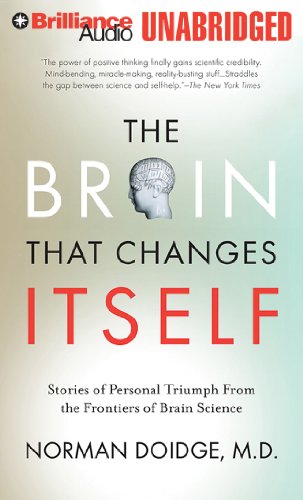Longlisted for both the Guardian First Book Award and the Samuel Johnson Prize for Non-Fiction, DO NO HARM ranks alongside the work of Atul Gawande, Jerome Groopman, and Oliver Sacks.
With compassion and candor, leading neurosurgeon Henry Marsh reveals the fierce joy of operating, the profoundly moving triumphs, the harrowing disasters, the haunting regrets, and the moments of black humor that characterize a brain surgeon’s life. If you believe that brain surgery is a precise and exquisite craft, practiced by calm and detached surgeons, this gripping, brutally honest account will make you think again.
Henry Marsh studied medicine at the Royal Free Hospital in London, became a Fellow of the Royal College of Surgeons in 1984 and was appointed Consultant Neurosurgeon at Atkinson Morley’s/St George’s Hospital in London in 1987. He has been the subject of two major documentary films, Your Life in Their Hands, which won the Royal Television Society Gold Medal, and The English Surgeon, which won an Emmy. He was made a CBE in 2010. He is married to the anthropologist and writer Kate Fox.
Advance Praise:
“Neurosurgery has met its Boswell in Henry Marsh. Painfully honest about the mistakes that can ‘wreck’ a brain, exquisitely attuned to the tense and transient bond between doctor and patient, and hilariously impatient of hospital management, Marsh draws us deep into medicine’s most difficult art and lifts our spirits. It’s a superb achievement.” -Ian McEwan
“His love for brain surgery and his patients shines through, but the specialty-shrouded in secrecy and mystique when he entered it-has now firmly had the rug pulled out from under it. We should thank Henry Marsh for that.” -The Times
“When a book opens like this: ‘I often have to cut into the brain and it is something I hate doing’ – you can’t let it go, you have to read on, don’t you? Brain surgery, that’s the most remote thing for me, I don’t know anything about it, and as it is with everything I’m ignorant of, I trust completely the skills of those who practice it, and tend to forget the human element, which is failures, misunderstandings, mistakes, luck and bad luck, but also the non-professional, everyday life that they have. Do No Harm: Stories of Life, Death and Brain Surgery by Henry Marsh reveals all of this, in the midst of life-threatening situations, and that’s one reason to read it; true honesty in an unexpected place. But there are plenty of others – for instance, the mechanical, material side of being, that we also are wire and strings that can be fixed, not unlike cars and washing machines, really.” -Karl Ove Knausgaard, Financial Times
“Marsh, one of our leading neurosurgeons, is an eloquent and poetic writer. Do No Harm offers a rare behind-the-scenes look at the most mysterious part of human life. His descriptions of neurosurgery are at once fascinating and illuminating; a gripping memoir of an extraordinary career.” -Daniel J. Levitin, PhD, author of The Organized Mind and This Is Your Brain On Music
“Do No Harm is a penetrating, in-the-trenches look at the life of a modern day neurosurgeon. With rare and unflinching honesty, Henry Marsh describes not only the soaring triumphs but the shattering tragedies that are so much a part of every surgeon’s life. A remarkable achievement.” -Michael J. Collins, author of Hot Lights, Cold Steel
“A soul-bearing account of a practical-minded neurosurgeon who does not suffer fools or believe in souls, who favors ‘statistical outlier’ over ‘miracle,’ and who admits that a surgeon’s ultimate achievement is marked by patients who ‘recover completely and forget us completely.’ Readers, however, will not soon forget Dr. Marsh.” -Katrina Firlik, author of Another Day in the Frontal Lobe: A Brain Surgeon Exposes Life on the Inside
“Do No Harm is a fascinating look into the reality of life as a neurosurgeon. The personal patient stories are gripping, providing the public with an incredibly candid look into the imperfections and perfections of a dedicated neurosurgeon. In Do No Harm, Dr. Marsh takes the reader into deep into a world of life, death, and everything in between. Despite it all, Dr. Marsh’s commitment to his patients and his profession never wavers. You will not be able to put this book down.” -Paul Ruggieri M.D., surgeon and author of Confessions of a Surgeon and The Cost of Cutting
“Do No Harm dares to reveal the raw and tender humanity behind brain surgery. Each story invites readers into the private thoughts of a neurosurgeon and astonishes them with the counterintuitive compassion required in the operating room.”-Michael Paul Mason, author of Head Cases
“Henry Marsh peels back the meninges to reveal the glistening, harrowing, and utterly compelling world of neurosurgery. Top-notch medical writing.” -Danielle Ofri, MD, PhD, author of What Doctors Feel: How Emotions Affect the Practice of Medicine
“The outstanding feature of Do No Harm is the author’s completely candid description of the highs and lows of a neurosurgical career. … For its unusual and admirable candor, wisdom and humor, Do No Harm is a smashing good read from which the most experienced and the most junior neurosurgeons have much to learn.” -AANS Neurosurgeon
